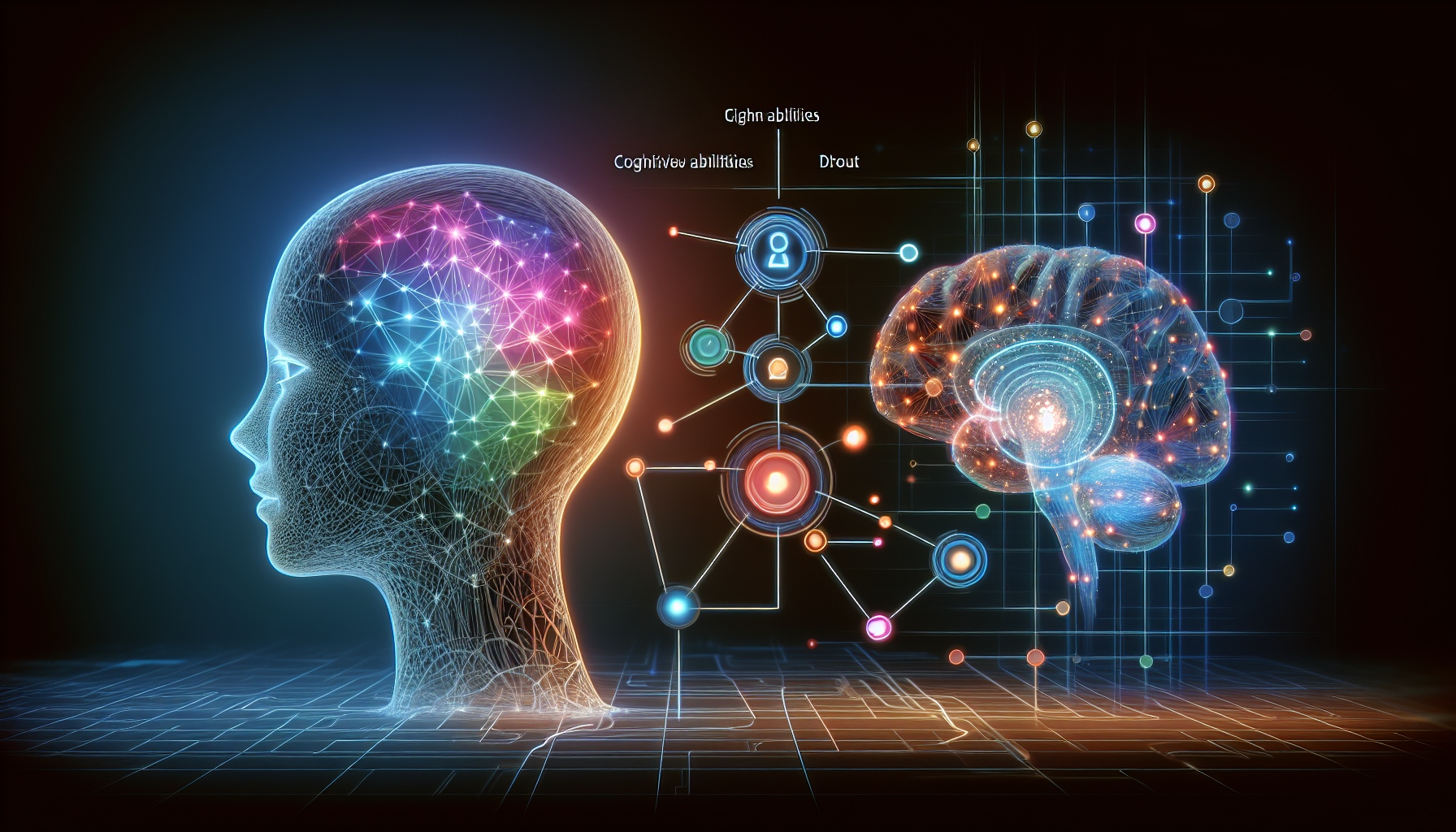How ChatGPT May Be Influencing Our Cognitive Abilities
The emergence of AI technologies, especially language models such as ChatGPT, has transformed the manner in which we obtain information. Nevertheless, a recent study from the Wharton School at the University of Pennsylvania has highlighted concerns regarding the possible cognitive effects of excessive reliance on these tools. Let’s examine the primary findings and their significance.
The Research: ChatGPT Compared to Conventional Search Techniques
In a study with more than 4,500 participants, investigators looked into how individuals utilize ChatGPT and other large language models (LLMs) versus traditional search engines like Google. Participants were instructed to research a topic and develop advice utilizing either ChatGPT or a typical web search.
Major Discoveries
- Time and Involvement: Users of ChatGPT spent less time completing the tasks. The AI’s capability to provide rapid answers diminished the effort required from users to locate and integrate information.
Advice Quality: Individuals who utilized Google displayed greater engagement and produced advice that was more comprehensive and unique. In comparison, the advice from ChatGPT users was generally more concise.
Learning Experience: The research indicates that conventional search techniques promote active learning as users evaluate various sources and compile information. LLMs frequently offer more general responses, which may not encourage the same level of comprehension.
The Convenience Versus Depth Trade-off
Although ChatGPT and comparable technologies provide unmatched convenience, they may not cultivate the same critical thinking and depth of understanding as traditional research methods. This presents potential challenges, particularly in educational and creative sectors, where profound understanding and uniqueness are essential.
Navigating the AI Terrain
As AI technology progresses, it is crucial to recognize its advantages and constraints. LLMs like ChatGPT can serve as effective tools for certain tasks, but depending solely on them for all informational needs may impede the cultivation of critical cognitive abilities.
Conclusion
The results from the Wharton School study underscore a notable concern: the convenience offered by AI tools such as ChatGPT could come at the expense of greater cognitive involvement and learning. It is important to find a balance between utilizing AI for efficiency and preserving the traditional approaches that enhance critical thinking and creativity.
Q&A Session
Q1: How does utilizing ChatGPT impact the quality of advice compared to conventional search techniques?
A1: Advice produced using ChatGPT is generally less comprehensive and unique compared to that obtained through conventional search methods, where users engage actively and synthesize information from a variety of sources.
Q2: Why might ChatGPT lead users to feel less committed to forming advice?
A2: Since ChatGPT delivers quick and straightforward answers, users might invest less effort in synthesizing information, resulting in less personal involvement in the advice they generate.
Q3: Are there advantages to employing ChatGPT over traditional research techniques?
A3: Indeed, ChatGPT provides a more efficient and quicker method for obtaining information, which can be advantageous for swift inquiries and uncomplicated tasks.
Q4: What are the potential disadvantages of depending heavily on AI for information?
A4: Excessive dependence on AI for information may result in diminished critical thinking skills, reduced engagement in the learning process, and a more superficial understanding of intricate subjects.
Q5: How can we strike a balance between utilizing AI and traditional methods for optimal learning?
A5: It is vital to employ AI tools for efficiency while also participating in traditional research methods to foster critical thinking and a more profound understanding of complex topics.